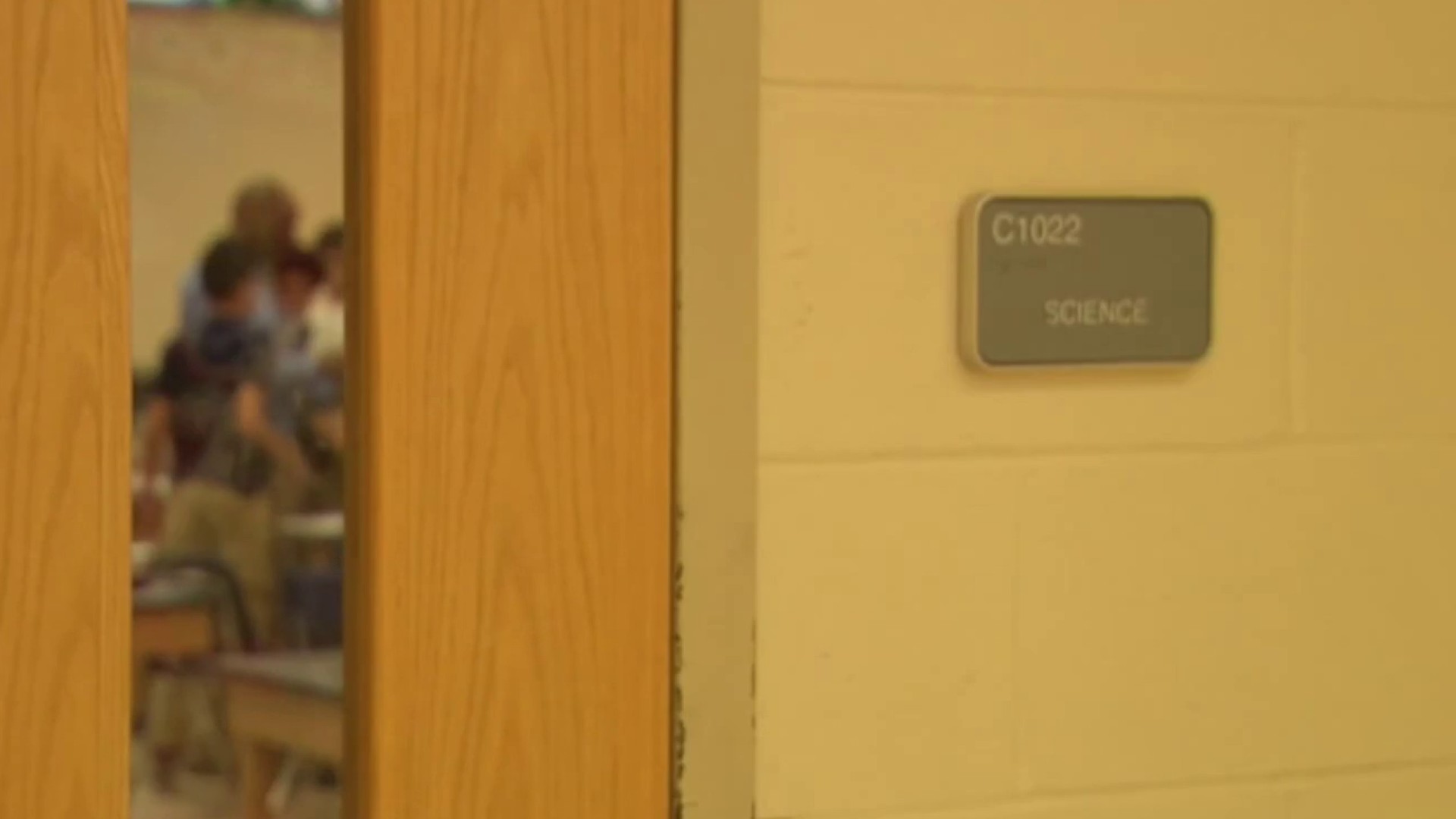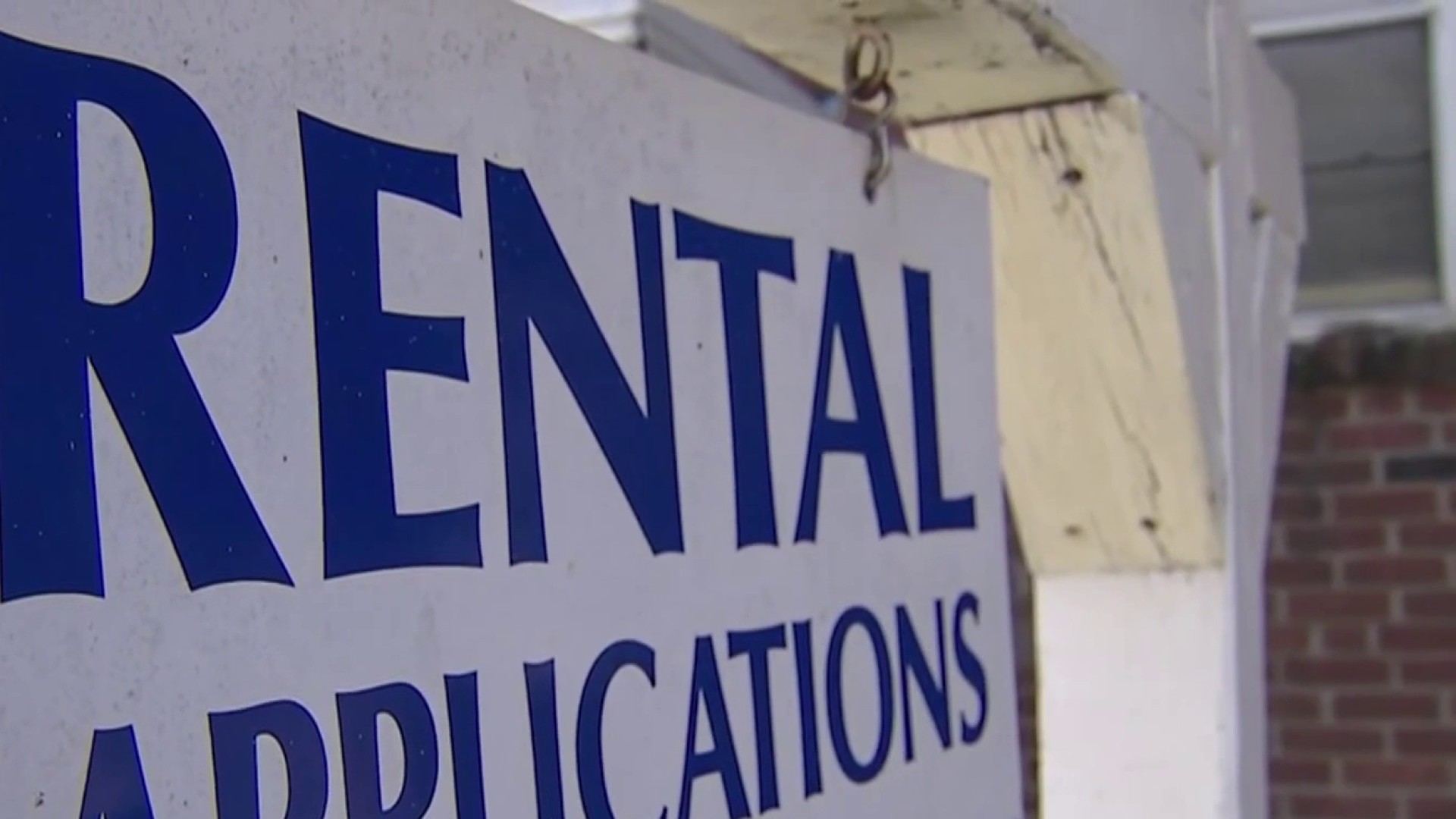The Brass City is under new leadership for the first time in a decade. Waterbury Mayor Paul Pernerewski (D) talks about his plans for the city’s abandoned factories and filling out the ranks of the police department.
For decades, it was one of Connecticut's manufacturing hubs. Waterbury was the world leader in manufacturing brass and copper for things like watches, electrical wire, buttons for clothing and much more.
Now, as the city searches for ways to bring back bustling business and thriving neighborhoods, there's a new mayor to lead that effort.
NBC Connecticut's Mike Hydeck spoke with Mayor Paul Pernerewski (D) about his plans for the city's abandoned factories and killing out the ranks of the police department.
Mike Hydeck: So, you're a Waterbury native. You served on the board of auditors for years. You know this city. What's your biggest challenge now that you're mayor?
Get top local stories in Connecticut delivered to you every morning. Sign up for NBC Connecticut's News Headlines newsletter.
Paul Pernerewski: Well, you know, there's a couple of things that we're really focused on. One of the biggest challenges is what everyone is facing throughout the cities in America, which is the crime that we've had. So we're going to continue to work on that. The police chief and I have been in a number of conversations about things we can do. We've traveled to Indianapolis to attend the Department of Justice Crime Reduction Summit that they held there. And it was interesting, because we talked to a lot of people who are facing the same issues we are. And we came back with some good ideas, a great idea from the city of Omaha, which was able to drive down its violent crime rate by using data driven analysis and really bringing the community together, meeting regularly and talking about the issues and working on the solutions together. So we continue to work on that. And the other big piece for us here is, you know, as a lot of old industrial towns that you mentioned, that's Waterbury, it's continued economic development. So we're focused and we're really working hard to continue building Waterbury, building the grand list by working on economic development.
Mike Hydeck: So that leads me to my next question. It's home, Waterbury, as you know, and anybody who's been through there, and I went to school there years ago, home to dozens of empty factories. Your predecessor, Neil O'Leary tried to get some of them torn down, repurposed. With the shortage of housing across Connecticut, this has got to be a big opportunity for Waterbury. Can you leverage state or federal dollars to try to make some of this happen? Like Rolling Mills, I guess that's getting started, right? The Rolling Mills factory?
Paul Pernerewski: Yes. So Neil has done a great job of taking the lead in brownfields when no one else was willing to do it. He stepped up and took the challenge and Waterbury has become a leader nationally in brownfield remediation. We continue to work on, you know, the existing brownfields. I think we have over 50 acres of brownfields that are in some stage of being developed at the very beginning or ready to go. The old Anamet site down on South Main Street is completely cleaned up at this point, it's out for bid. We expect bids to be coming in sometime in the next, I think they're due in the next two weeks. So hopefully, shortly, we'll see some construction starting down there to redo it. There's a 20-acre site on Freight Street, the old Rolling Mills you were talking about, that is, the buildings have all been demolished. And they're doing the final analysis and remediation of the property under the buildings. And by the end of this year, we should be able to go out for bid. We'll have an idea of what the the environmental issues look like there; we'll be able to go out for bid. That's a facility, that acreage is within walking distance of the train station. And so it's ripe for development as a transit-oriented facility and potentially for some of that state money that's going to come through the Municipal Redevelopment Agency. So you know, we continue to work on that. Those factories drove, I always say they drove Waterbury 100 years ago to prosperity. They've sat and dragged us down over all these years. And we're looking forward to them being the economic engines that are going to drive Waterbury to the next century.
Face the Facts
Face the Facts with NBC Connecticut goes beyond the headlines, asking newsmakers the tough questions, giving an in-depth analysis of the big stories.
Mike Hydeck: So I want to go back to something else you mentioned in your first comments as well. Crime has historically been a concern in the city. Maintaining a fully staffed police force has also been a challenge for Waterbury. What's in the works to try to address that? I know the police chief is really interested in maintaining a full staff.
Paul Pernerewski: Sure, so we should have 300 sworn officers in Waterbury. We've had around 250 over the last couple of years for a number of reasons. It's been difficult to find and retain police officers. There were some changes made to benefits a number of years ago. COVID hit. Some of the other issues that come out of 2020. But at this point, we have 21 officers in an academy that are going to be graduating in the next few weeks. That will bring the number up to about 271. We've also made changes in our ordinances and in our union contracts so that we can bring in lateral hires of officers where historically if an officer wanted to come from another department, they started all over again at the bottom level of patrolman. Now we can acknowledge their experience, their time and service in another department, bring them over at a higher level and that's had some success for us. I've sworn in, since I've been in office I've sworn in two officers who were lateral hires, one from another city in Connecticut, one from Pennsylvania. There's been about six or seven who came through before that. And I think there's about three or four right now that they're talking to to continue doing that. The contract that we signed with the police department last year, so the new three-year contract, addresses salaries so that the city's salaries for police officers are competitive with surrounding towns, which helps with the retention as well. I think some of the other towns are making the changes that we had made in the benefits 20 years ago, but we have an oversight board. So that's making some changes as well. And the chief and I have had some conversations about some other changes that are possible in the department.



